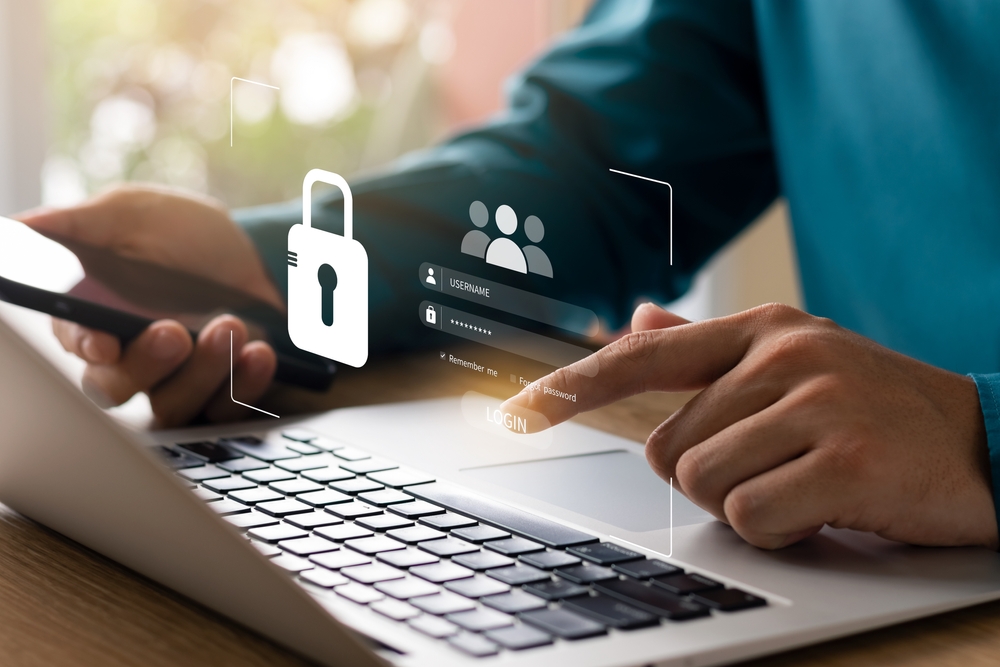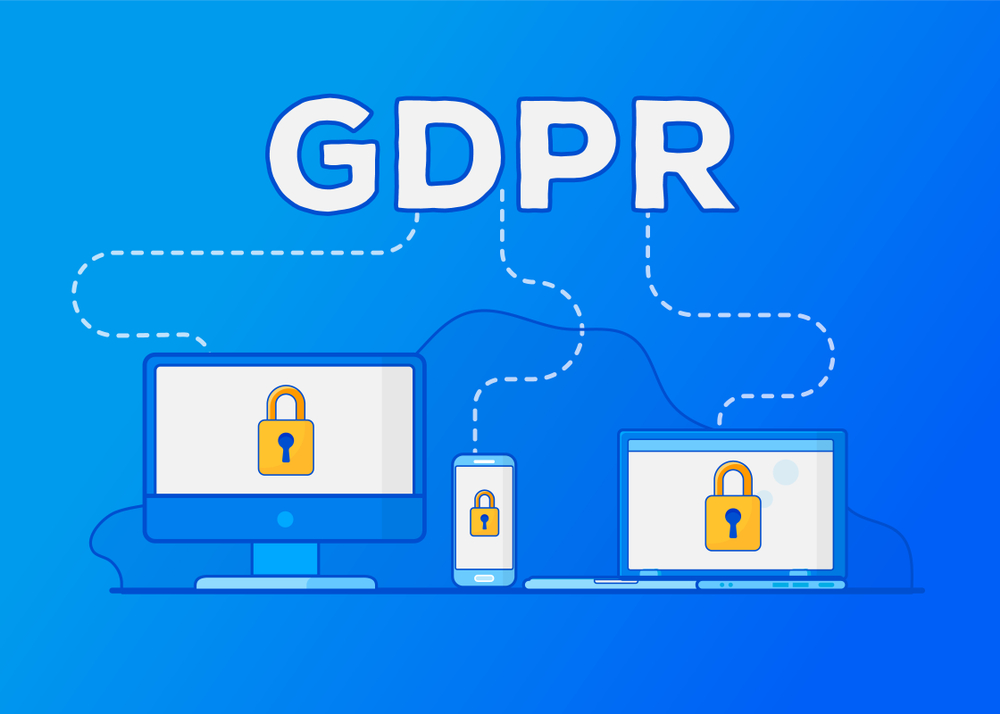Understanding Data Security for Individuals
Data Security for Individuals: In our increasingly digital world, protecting personal data is essential to avoid identity theft, privacy breaches, and other security threats. This guide explores why data security matters for individuals and provides practical tips for safeguarding your personal information.
Why Data Security Matters for Individuals
1. Protecting Personal Information
Description: Personal data, including financial details, social security numbers, and personal communications, is valuable to cybercriminals. Ensuring this data is protected helps prevent misuse and unauthorized access.
Risks:
- Identity Theft: Unauthorized access to personal information can lead to financial fraud and identity theft.
- Privacy Violations: Exposure of personal details can lead to privacy breaches and unwanted solicitations.
Benefits of Strong Data Security: Data Security for Individuals
- Prevention of Identity Theft: Protects against the misuse of your personal and financial information.
- Enhanced Privacy: Maintains control over who can access your personal details.
2. Avoiding Financial Loss
Description: Data breaches and identity theft can result in significant financial losses. Securing personal data helps mitigate the risk of such financial damage.
Costs Associated with Data Breaches:
- Fraudulent Charges: Unauthorized transactions can lead to financial loss.
- Cost of Recovery: Time and money spent resolving identity theft issues.
Benefits of Prevention:
- Financial Safety: Reduces the risk of losing money due to fraud or theft.
- Cost Savings: Minimizes expenses related to data breach resolution and recovery.
3. Ensuring Online Safety
Description: With the rise of online activities, securing personal data is crucial for protecting yourself from various cyber threats, including phishing, malware, and hacking.
Online Threats:
- Phishing Scams: Fraudulent attempts to obtain sensitive information through deceptive emails or websites.
- Malware Attacks: Software designed to damage or gain unauthorized access to your data.
Benefits of Security Measures: Data Security for Individuals
- Reduced Risk of Cyber Attacks: Helps protect against online threats and attacks.
- Safer Online Experience: Enhances your overall safety while using digital platforms.
4. Maintaining Digital Privacy
Description: Privacy concerns are growing as more personal information is shared online. Securing your data helps maintain your privacy and control over your personal information.
Privacy Concerns:
- Data Collection: Companies and websites often collect and store personal data.
- Surveillance: Increased surveillance and tracking can compromise privacy.
Benefits of Privacy Protection:
- Control Over Personal Information: Ensures you have control over how and where your data is used.
- Reduced Tracking: Limits the extent of digital tracking and data collection.
5. Complying with Regulations
Description: Various data protection regulations require individuals to take measures to protect their personal information. Understanding and adhering to these regulations helps ensure compliance and avoids potential legal issues.
Key Regulations:
- General Data Protection Regulation (GDPR): Provides guidelines for data protection and privacy in the European Union.
- California Consumer Privacy Act (CCPA): Governs the handling of personal information in California.

Benefits of Compliance:
- Avoidance of Legal Issues: Ensures adherence to data protection laws and regulations.
- Enhanced Trust: Demonstrates a commitment to privacy and data protection.
How to Protect Your Personal Data
1. Use Strong Passwords
Description: Strong passwords are essential for protecting online accounts and personal information. Avoid using easily guessable passwords and update them regularly.
Best Practices:
- Create Complex Passwords: Use a mix of letters, numbers, and special characters.
- Avoid Reuse: Use unique passwords for different accounts.
2. Enable Two-Factor Authentication (2FA)
Description: Two-factor authentication adds an extra layer of security by requiring a second form of verification to access accounts.
Best Practices:
- Activate 2FA: Enable two-factor authentication on all accounts that offer it.
- Choose Secure Methods: Use authentication apps or hardware tokens for added security.
3. Regularly Update Software
Description: Keeping software and applications up-to-date ensures you have the latest security patches and updates.
Best Practices: Data Security for Individuals
- Enable Automatic Updates: Set software to update automatically to receive the latest security fixes.
- Manually Check for Updates: Regularly check for and install updates for critical applications.
4. Be Cautious with Personal Information
Description: Be mindful of the personal information you share online and the platforms you use.
Best Practices: Data Security for Individuals
- Limit Sharing: Share personal information only with trusted and secure websites.
- Verify Sources: Ensure the legitimacy of websites and contacts before providing information.
5. Use Secure Networks
Description: Using secure and trusted networks helps protect your data from being intercepted or accessed by unauthorized individuals.
Best Practices: Data Security for Individuals
- Avoid Public Wi-Fi: Refrain from accessing sensitive information over unsecured public networks.
- Use VPNs: Employ virtual private networks (VPNs) for secure browsing and data encryption.
Conclusion
Data Security for Individuals: Data security is a vital concern for individuals in today’s digital landscape. By understanding its importance and implementing effective protection measures, you can safeguard your personal information, avoid financial losses, and maintain your privacy online. Prioritizing data security ensures a safer and more secure online experience.
For more information on IT services and data security solutions, visit NABCO IT Services.
Data Security for Individuals; For professional assistance with data security, contact us to ensure your organization is protected with the latest security measures.
Read more related articles to enhance your knowledge
What is Data Security? The Ultimate Guide
Why Data Security Matters: Protecting Your Information in a Digital World



